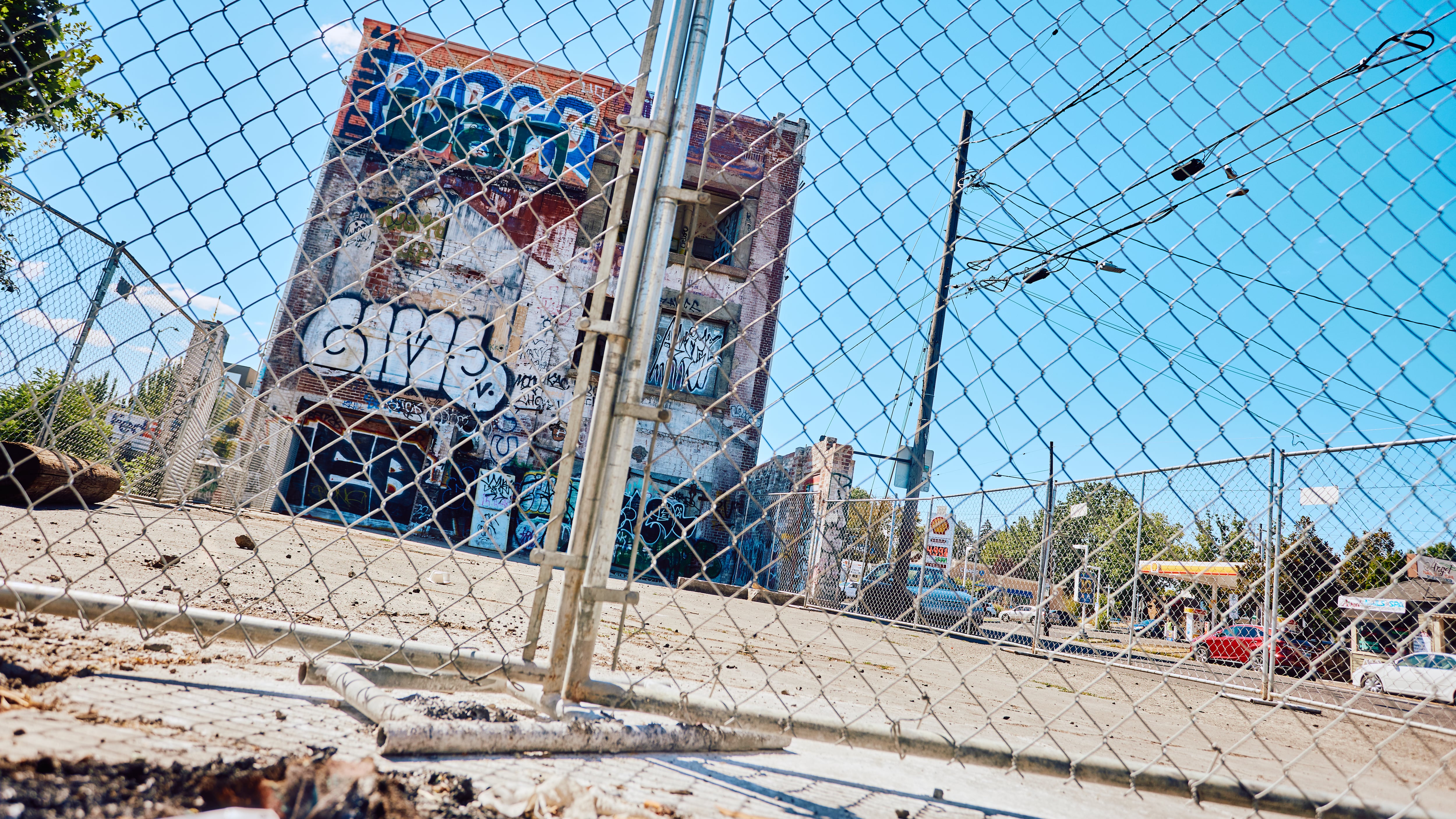Two bills drafted for the spring legislative session in Salem would ease the financial and regulatory burden for developers looking to convert commercial and industrial buildings or land to housing for middle-income earners, or what’s often referred to as “workforce housing.”
Such housing is restricted to tenants that make less than 120% of the median income—and is a step above the typical definition of “affordable” housing, which most often restricts its tenants to those who make 60% or less of the median income.
State Rep. Pam Marsh (D-Ashland) crafted both legislative concepts.
The first would offer the same perks to developers looking to build middle-income housing that were given to affordable housing developers in Senate Bill 8 in 2021: Zoning restrictions couldn’t prevent developer from building or converting housing on commercial or “light industrial” land, and the developer wouldn’t have to obtain a conditional use permit to build.
The bill also proposes additional incentives: Local governments could not require parking that exceeds what was required under a property’s commercial or industrial use, and cities could not impose system development charges on the developers for the 15-year restricted-income period.
“With the housing crisis that we have, we have to put everything on the table,” Marsh tells WW. “This is one option that’s on the table. It may not wind up being the golden ticket that solves the housing crisis, but it may allow some projects to move forward. We have to look at every single opportunity.”
The second bill would create a $500 million loan fund to help developers build middle-income housing. Cities and counties could apply for loans on behalf of specific projects and then would be responsible for paying them back over a 10-year period with revenues from property tax growth from the development.
The state, prior to passing the bill, would put parameters around what housing would be eligible for loans from the fund; cities would be expected to implement their own parameters based on specific housing needs.
Mayor Ted Wheeler’s office has been exploring similar proposals as a way to repurpose an empty downtown—and Marsh’s bill concepts appear to check off a request on Wheeler’s legislative wish list.
